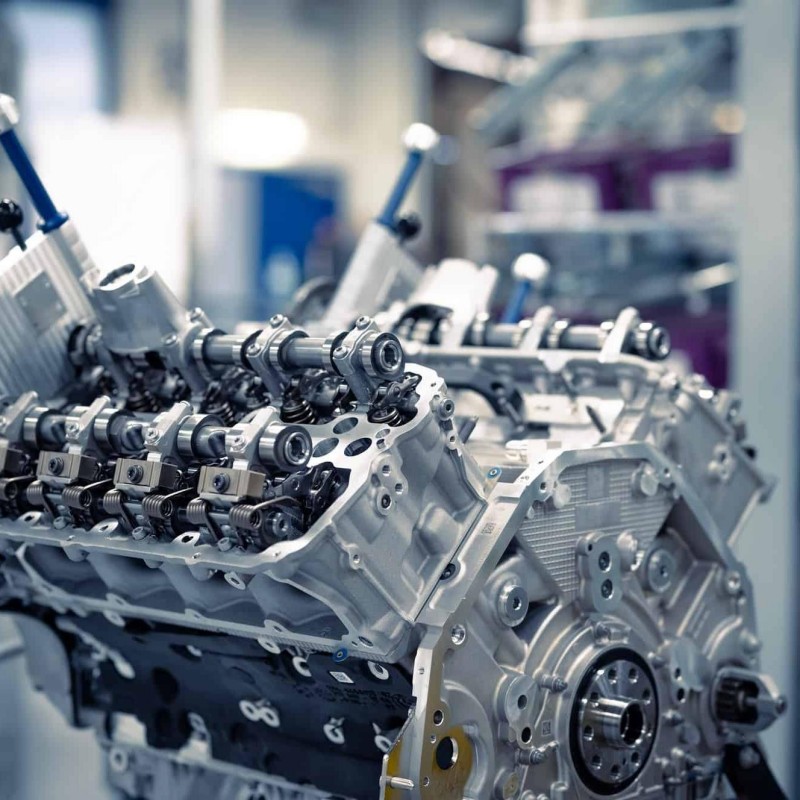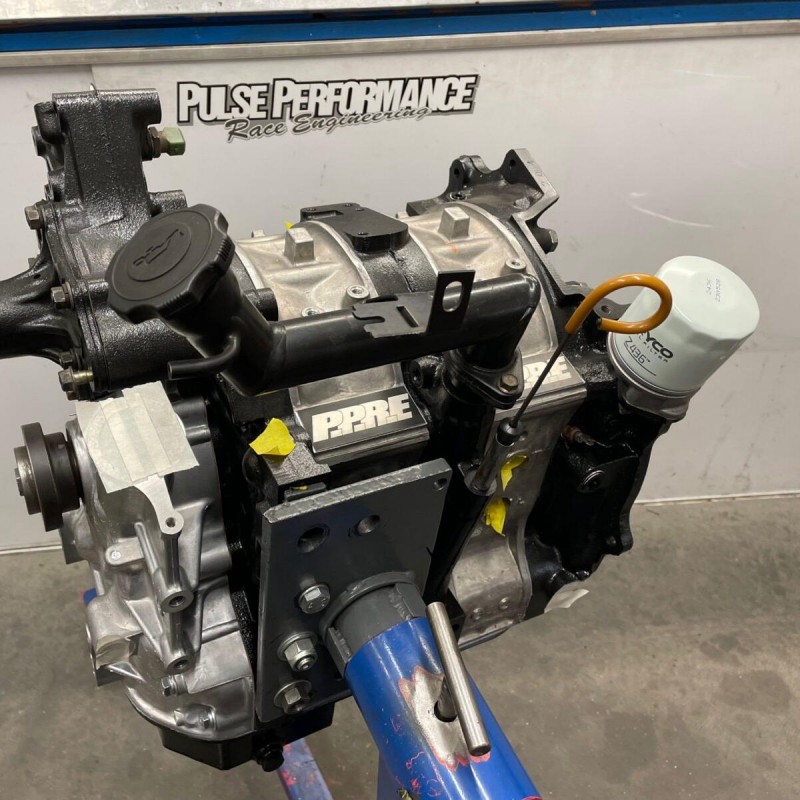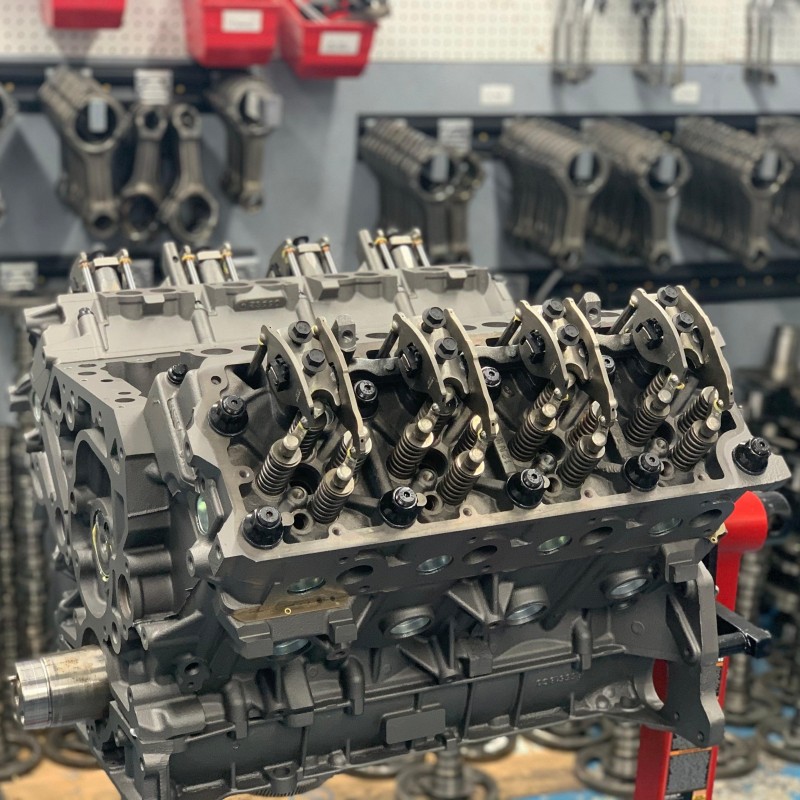Engine overheating is a prevalent concern among vehicle owners and enthusiasts alike. Understanding what causes engine overheating and how it can be resolved is crucial for maintaining a vehicle’s health and prolonging its lifespan. The engine is the heart of a vehicle, and when it runs hotter than its optimal temperature, it can lead to significant damage. High temperatures may warp engine components, damage gaskets, and even lead to complete engine failure if not addressed promptly.
Consequently, knowing the common causes of overheating and recognizing the warning signs is vital for any driver. This article will delve deeply into the various reasons why an engine may overheat, as well as the steps you can take to resolve this issue. We will outline preventive measures, regular maintenance tips, and effective troubleshooting strategies. By the end of this detailed guide, you will be equipped with the knowledge to protect your engine from overheating and keep your vehicle running smoothly.

Understanding Engine Functionality
Before exploring what causes engine overheating and how it can be resolved, it’s essential to understand the basic functionality of an engine as well as its cooling system. Internal combustion engines generate heat through the process of combustion. This heat must be effectively managed to prevent damage to various components.
The Role of the Cooling System
The cooling system plays a critical role in maintaining optimal engine temperature. It consists of several components, including:
- Radiator: The primary component responsible for dissipating heat from the engine coolant.
- Water Pump: Circulates coolant through the engine and radiator.
- Thermostat: Regulates the flow of coolant based on engine temperature.
- Cooling Fans: Help to cool the radiator and enhance airflow during operation.
- Coolant: Mixture of water and antifreeze that transfers heat away from the engine.
Understanding the functioning of these components is essential to identify what could cause overheating and how to prevent it.
Common Causes of Engine Overheating
Numerous factors can lead to engine overheating. Below are some of the most common causes that vehicle owners should be aware of.
Low Coolant Levels
One of the primary reasons for engine overheating is low coolant levels. As the coolant circulates through the engine, it absorbs heat and carries it to the radiator. If the coolant level is low due to leaks or insufficient filling, the engine will not be adequately cooled, leading to overheating.
Coolant Leaks
Coolant leaks can arise from several sources, including damaged hoses, worn gaskets, or faulty water pumps. Even a small leak can lead to a significant drop in coolant levels over time, resulting in overheating conditions.
Faulty Thermostat
The thermostat controls the flow of coolant within the cooling system. If the thermostat becomes stuck in the closed position, coolant cannot circulate to the radiator, which will cause the engine temperature to rise rapidly.
Radiator Issues
Radiator problems can include clogs, corrosion, or physical damage. A clogged radiator cannot efficiently dissipate heat, leading to overheating. Additionally, any obstruction in the coolant passages can prevent proper flow.

Ineffective Water Pump
The water pump plays a crucial role in circulating coolant throughout the engine. A malfunctioning or failing water pump will reduce coolant flow, leading to higher temperatures.
Broken Cooling Fans
Cooling fans are designed to activate when extra cooling is needed, particularly at low speeds or during idling. If the cooling fans are not functioning correctly, the engine may not receive adequate cooling, causing it to overheat.
Engine Load and Conditions
Excessive load on the engine, such as towing heavy trailers or driving on steep inclines, can generate additional heat. Poor driving conditions, such as stop-and-go traffic, can also prevent the engine from cooling adequately.
Contaminated or Inadequate Coolant
Using the wrong type of coolant or one that has become contaminated can lead to reduced thermal efficiency. Coolant needs to be replaced periodically to ensure it remains effective in heat transfer and corrosion prevention.
Signs of Engine Overheating
Recognizing the signs of engine overheating is critical for timely intervention. If you notice any of the following symptoms, it is essential to act quickly to resolve the issue.
High Temperature Gauge Readings
Most vehicles are equipped with a temperature gauge on the dashboard that indicates the engine’s temperature. If the gauge moves into the red zone or shows readings higher than normal, this is a clear sign of overheating.
Warning Lights
Many modern vehicles come equipped with an engine temperature warning light. If this light illuminates while driving, it indicates that the engine is overheating. Do not ignore this warning.
Steam from the Engine Compartment
If you observe steam escaping from under the hood, it’s a strong indication that your engine has reached excessive temperatures and has boiled over, often due to low coolant levels or radiator failure.
Unusual Engine Noises
Strange noises, such as ticking, knocking, or popping, can indicate that engine components are experiencing stress due to high temperatures. Listen closely for any unusual sounds while operating the vehicle.
Decreased Engine Performance
Overheating can cause engine performance issues, including reduced acceleration or power loss. If you notice that the engine is sluggish, overheating may be the underlying issue.
Smells of Burnt Rubber or Burning Oil
If the engine is overheating, it may lead to burning oil or rubber smells as components heat up and wear out. These odors can signal various issues requiring immediate attention.
Resolving Engine Overheating Issues
Once you determine that your engine is overheating, it’s crucial to take the necessary steps to address the problem immediately. Below are strategies to resolve overheating issues effectively:
Pull Over and Allow the Engine to Cool
If you recognize that your engine is overheating while driving, your first action should be to pull over to a safe location and turn off the engine. This step allows the engine to cool down naturally, which can prevent catastrophic damage.
Check Coolant Levels
Once the engine has cooled down, check the coolant level in the reservoir. If it is low, be sure to top it off with the appropriate mixture of coolant and water. Always consult your owner’s manual for specific recommendations.
Inspect for Obvious Leaks or Damage
Look around the engine bay for any visible leaks, damaged hoses, or issues with the radiator. If you notice any significant damage or leaks, you may need to have your vehicle towed to a mechanic for a thorough inspection and repair.
Assess the Thermostat
If you suspect that the thermostat is faulty, you can test it by running the vehicle once it has cooled down and monitoring the function of the cooling system. If the thermostat remains closed or does not open, it may need replacing.
Examine the Radiator
Check to see if the radiator is clogged or damaged. Inspect the fins for debris and clear any blockages that may prevent proper airflow. If the radiator seems compromised, consider a professional cleaning or replacement.
Test the Water Pump
If you suspect that the water pump is not circulating coolant properly, listen for unusual noises that may indicate a problem. If the water pump is failing, prompt replacement is necessary to avoid further damage.
Repair or Replace Cooling Fans
Ensure that the cooling fans operate correctly when the engine reaches a certain temperature. If they do not, check the fan fuses, wiring, and relays. If necessary, repair or replace the cooling fans to ensure optimal engine cooling.
Consult a Mechanic
If you cannot pinpoint the cause of the overheating or the problem persists after taking initial measures, it’s best to consult a qualified mechanic. They have the tools and expertise to diagnose the underlying issue accurately.
Preventive Measures to Avoid Engine Overheating
Taking proactive steps can help prevent engine overheating and prolong the life of your vehicle. Here’s how you can maintain your engine’s health and ensure it runs at optimal temperatures.
Regular Maintenance
Regular vehicle maintenance is essential for identifying potential overheating issues before they escalate. Schedule periodic check-ups that include inspections of the cooling system, fluid levels, and other critical components.
Monitor Coolant Levels
Consistently check your coolant levels, especially before long trips or extended periods of operation. Ensure that the coolant is topped off and that you are using the correct mixture as recommended by the manufacturer.
Flush the Cooling System
It is advisable to flush the engine cooling system periodically to remove debris and contaminants that can hinder performance. Check your owner’s manual for guidelines on how often a flush should occur.
Replace Worn Components
Inspect and replace any worn components, such as hoses, gaskets, and the thermostat, before they lead to significant issues. Using higher-quality parts during replacements can improve overall durability.
Avoid Overloading
Be mindful of the weight you put on your vehicle. Overloading can result in increased heat generation and strain on the engine, leading to overheating.
Drive Responsibly
Adopt responsible driving habits that ease stress on the engine. Avoid rapid acceleration, excessive idling, and prolonged stop-and-go traffic situations, particularly on warm days.
Maintain Optimal Airflow
Keep the front of your radiator free from dirt, debris, and obstructions that impede airflow. A clean radiator is crucial for effective heat dissipation.

Conclusion
What causes engine overheating and how can it be resolved? Understanding what causes engine overheating and how it can be resolve is vital for every vehicle owner. By recognizing the signs of overheating and taking proactive measures, you can protect your engine from unnecessary damage and ensure safe, reliable operation.
Regular maintenance, careful monitoring of coolant levels, and timely repairs play significant roles in preventing overheating issues. Should you encounter overheating, knowing the appropriate steps to take can mean the difference between minor repairs and catastrophic engine failure.
Ultimately, a well-maintained engine runs smoother, lasts longer, and provides a better driving experience. With the information provide in this comprehensive guide, you are better equippe to tackle any overheating concerns that may arise and keep your engine operating within a safe temperature range.
Tags: automotive maintenance, engine care, vehicle troubleshooting